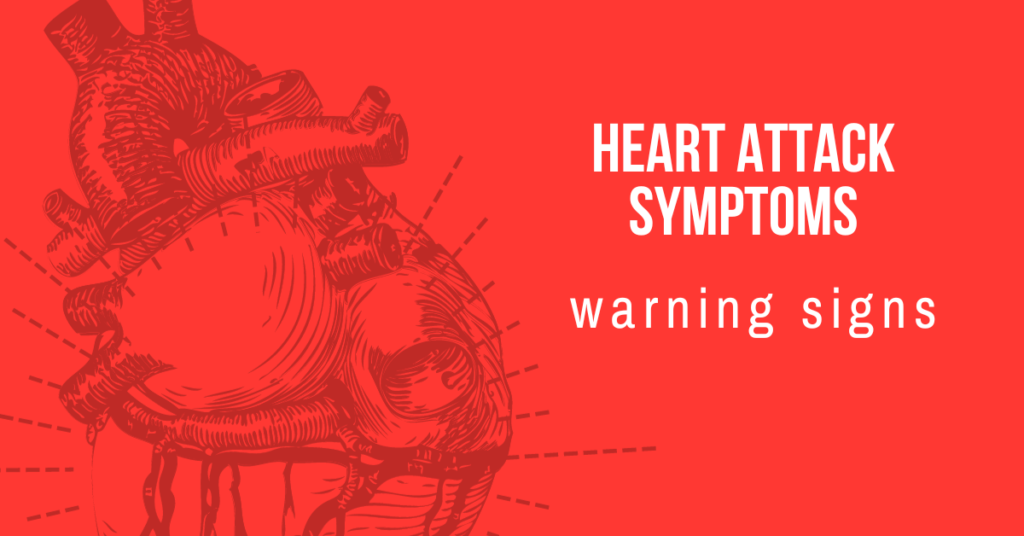Early Heart Attack Symptoms
Heart attacks are a serious medical emergency that requires immediate attention. Recognizing the early symptoms of a heart attack is crucial to seek prompt medical help and potentially save a life. While heart attack symptoms can vary from person to person, some common signs may indicate the onset of a heart attack.
Chest Discomfort
One of the most common early symptoms of a heart attack is chest discomfort. This discomfort may manifest as a feeling of pressure, tightness, or squeezing in the chest. It can be mistaken for indigestion or heartburn, but it is important not to ignore this symptom, especially if other signs accompany it.
Shortness of Breath
Another early symptom of a heart attack is shortness of breath. This can occur suddenly or gradually and may be accompanied by chest discomfort. If you find it difficult to catch your breath or feel like you cannot breathe deeply enough, it is important to seek medical attention immediately.
Arm, Neck, or Jaw Pain
Pain or discomfort in the arm, neck, or jaw can also be an early warning sign of a heart attack. This pain may radiate from the chest and can be felt on one or both sides. It is important to note that not all heart attacks present with this symptom, but if you experience any unusual pain in these areas, it is best to err on the side of caution and seek medical help.
Excessive Sweating
Excessive sweating, especially without any physical exertion, can be a sign of a heart attack. This sweating may be accompanied by other symptoms such as chest discomfort or shortness of breath. If you find yourself breaking out in a cold sweat for no apparent reason, it is important to take it seriously and seek medical attention.
Fatigue
Feeling unusually tired or fatigued, even after getting enough rest, can be an early symptom of a heart attack. This fatigue may be accompanied by other symptoms such as chest discomfort or shortness of breath. If you find that you are unable to perform your usual activities due to extreme tiredness, it is important to consult a healthcare professional.
Nausea or Vomiting
Nausea or vomiting can sometimes be an early symptom of a heart attack, especially in women. These symptoms may be accompanied by other signs such as chest discomfort or shortness of breath. If you experience persistent nausea or vomiting, it is important to seek medical attention to rule out any serious underlying causes.
Lightheadedness or Dizziness
Feeling lightheaded or dizzy can be an early warning sign of a heart attack. This symptom may occur suddenly and may be accompanied by other signs such as chest discomfort or shortness of breath. If you experience persistent lightheadedness or dizziness, it is important to seek medical help to determine the cause.
It is important to remember that these early symptoms of a heart attack can vary from person to person. Some individuals may experience all of these symptoms, while others may only have one or two. Additionally, some people may not experience any symptoms at all, which is known as a silent heart attack. If you suspect that you or someone else may be having a heart attack, it is important to call emergency services immediately.
Prevention is key when it comes to heart health. Maintaining a healthy lifestyle that includes regular exercise, a balanced diet, and avoiding smoking can help reduce the risk of heart attacks. Additionally, it is important to manage any underlying health conditions such as high blood pressure or diabetes to further reduce the risk.
Remember, recognizing the early symptoms of a heart attack and seeking prompt medical attention can make a significant difference in the outcome. Do not hesitate to seek help if you suspect a heart attack, as every minute counts.

